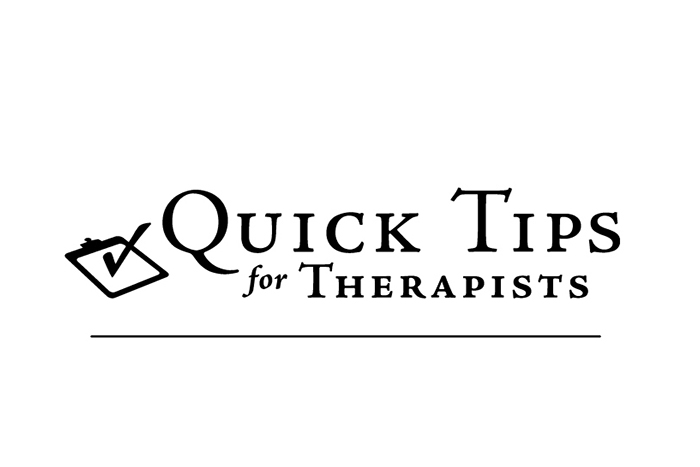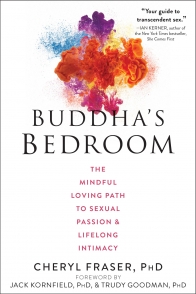“We don’t make love much anymore. I’m rarely in the mood. My partner doesn’t want sex as often as I do.”
If you work with couples, you will hear this a lot.
What I call “Marriage, Inc.” has taken over the love life of many modern families. Careers. Kids. Rushing around with a to-do list. Fatigue. When your couples fall into bed at the end of the day, they are just too tired for sex.
Don’t worry—even if you are not a sex therapist, you can help your clients with this common problem.
Normalize
Often your clients will be beating themselves up, feeling there is something wrong with them because their sex drive has decreased. Reassure them that they are fairly typical. I often share that research indicates that the majority of long-term couples start to make love from a place of sexual neutrality. That means they begin when neither of them is in the mood—they begin just because they think sex is important. As they caress and kiss, their bodies warm up and they get turned on.
Educate
Explain the difference between desire and arousal. I call these the two keys to starting the erotic engine. Desire is the psychological urge to be sexual—deciding, in your mind, to make love. Your clients can take a mental mindfulness break and begin to imagine how good they will feel after connecting sexually—they will feel closer, more loving, physically relaxed; they will enjoy the pleasure of sex. This is the desire key. Arousal is the physiological aspect of being turned on. Clients can begin to relax their bodies and turn the arousal key by taking a warm shower, touching their skin, and caressing each other.
Coach
I encourage my clients to never say “I’m not in the mood” ever again. I quickly explain that it’s okay—and in fact typical—to not feel in the mood for sex when your partner suggests hitting the sheets. I then point out that “I’m not in the mood” is a definite no. Instead, I coach them to say something that leaves the possibility of sex open—something like, “Hmm, not right now, but ask me after dinner.”
Encourage
Sexual desire disconnect is a painful topic, and often couples will feel defeated and demoralized. Encourage them to think of sex like exercise—if we schedule it and do it even when we are not really in the mood, we always feel better afterward and are glad we got to the gym. Help your couples take the pressure off by suggesting that they take ten minutes to explore mindful erotic touch without intercourse. No matter how tired they are, they can gently explore each other, focusing on the sensations in their fingertips. They can tease each other’s bodies and create pleasure—warming up the engine for a drive tomorrow.
Book Titles: Buddha’s Bedroom
Sharp, frank, and fearless, Cheryl Fraser, PhD, is a Buddhist psychologist and sought-after relationship expert. She has helped thousands of couples jump-start their love life and create passion that lasts a lifetime.



 2024 Peace Playbook: 3 Tactics to Avoid Clashes with Your Partner
2024 Peace Playbook: 3 Tactics to Avoid Clashes with Your Partner